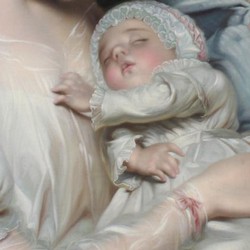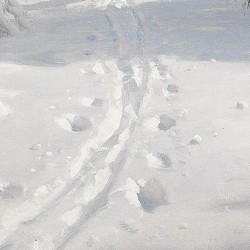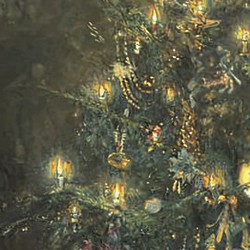- Details

I first heard about Komitas on the radio years ago; the songs were alternating with the story of his life. I liked the songs, and his tragedy (which is the tragedy of the Armenian people) impressed me, to the point that I recall perfectly where I was passing with the car while listening to it.
- Details

In April 1936, the 14th Festival of the International Society for Contemporary Music was held in Barcelona. It was one of the last expressions of a fertile time, in terms of cultural life, before a coup d'état destroyed everything (and everything is everything, not just culture, as you know). From a musical standpoint, the Festival is especially remembered for the [...]
- Details

A few weeks ago, while preparing the Christmas articles, I came across a Joseph Marx Lied called Marienlied. The title didn't tell me anything at that time, but when I found it again with the title Marienlied (Ich sehe dich), a music with these words came to mind. Of course! This Lied was made from the same poem as Geistliches Lied (Marie), the Lied by Franz Schubert I had remembered.
- Details

Among the musical anniversaries of this new 2025, there is one that the world of Lied will celebrate widely (and I hope we will not be the only ones): the centenary of the birth of Dietrich Fischer-Dieskau. A great baritone, of course, but above all, a personality without which the genre would not be understood in the second half of the 20th century. And I wanted to begin the year with his [...]
- Details

On Christmas days, we look at the children, their excitement, their laughter, their innocence, their eyes that look at everything... And, at some point, we remember with longing that time that the children were us. Don't we? This is the subject of the poem of this week, written by the Austrian poet Christiane Rosalia Frideriks, who used to sign her work as Ada Christen.













